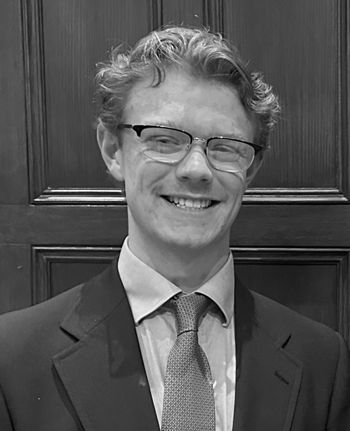Columbia prez discusses changes for fall semester following disruptive anti-Israel student protests
Shafik wrote about the need for Columbia to apply ‘the many critical lessons of last year—some painful, but all useful—in our work for the Fall.’
The Ivy League institution assigned two faculty to ‘facilitate a process with affected students to hear their views and work toward mediated outcomes.’
Columbia University’s president published a statement updating students and faculty on changes that they should expect for the coming academic school year, including changes regarding the school’s policy for “mediating” with potential future student protesters.
In the “Update for our Community” published on July 24, President Minouche Shafik outlined several changes that relate to on-campus protests, free speech, and other matters.
[RELATED: Columbia prof who called American flag ‘symbol of genocide’ mocks Trump after assassination attempt]
Shafik wrote that Columbia must apply “the many critical lessons of last year—some painful, but all useful—in our work for the Fall.”
The statement comes after a tumultuous spring semester in Columbia that saw anti-Israel students establish “Gaza Solidarity Encampments,” take over the campus, disrupt day-to-day student life, and shout anti-Semitic statements like “Long live Hamas!”
The message from President Shafik also outlines that, as a result of “issues raised by the student protests” such as “breakdowns” in negotiations with the disruptive anti-Israel activists, the university has assigned two faculty to “facilitate a process with affected students to hear their views and work toward mediated outcomes.”
The two faculty members have already “held meetings with students, University leadership, faculty, and other stakeholders from across our community, to understand the many perspectives that are relevant to the conflicts dividing our campus.”
[RELATED: Columbia seeks new media relations hire following encampment debacle]
New students at Columbia will also experience an orientation with “new components.” The fall semester will “be another moment to reset, to consider how we might, as a community, start to take in broader perspectives, and to do as much listening and understanding as shouting and declaring,” Shafik wrote.
Other changes include the establishment of “faculty working groups” to promote “academic freedom and free speech in a community free of discrimination and bias.”
Campus Reform has contacted Columbia University for comment. This article will be updated accordingly.

